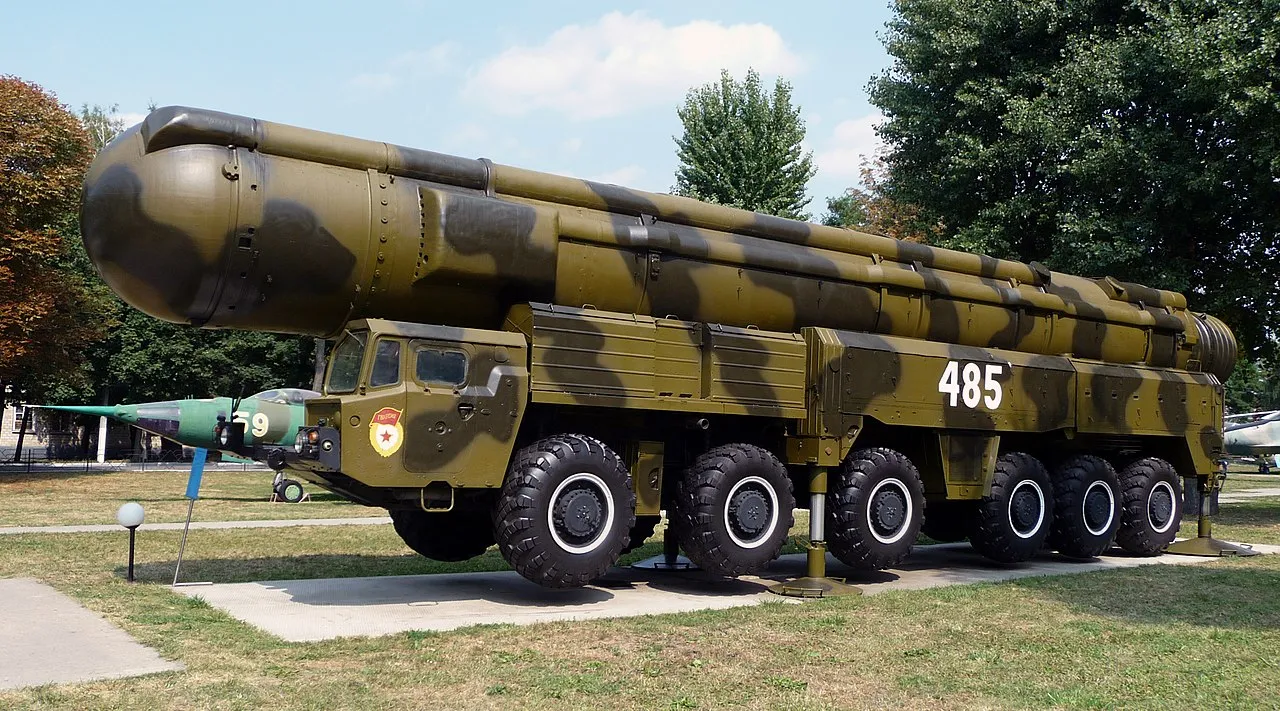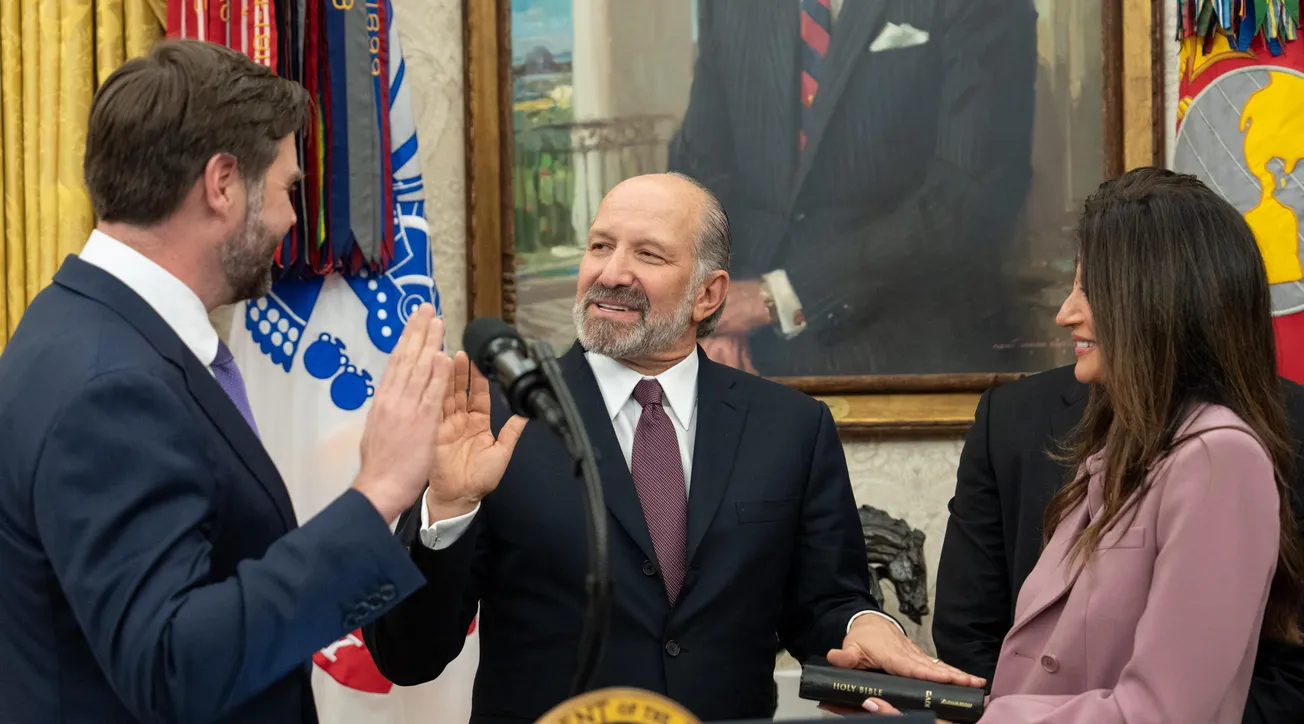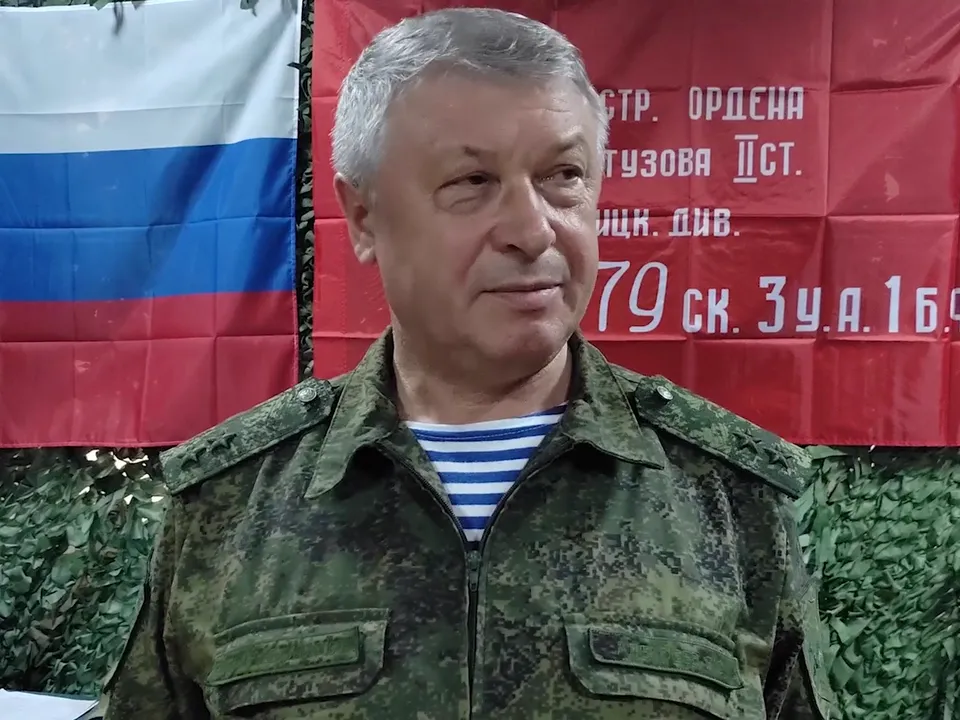Despite the claims of Ukrainian President Volodymyr Zelenskyy and his Atlanticist backers, Ukraine had no nuclear weapons which it then gave up in 1994 in return for security assurances in a document known as the Budapest Memorandum. “Of course, these missiles were Soviet—they were never functionally Ukrainian and were beyond Kyiv’s ability to maintain,” write Zachary Paikin and Mark Episkopos, both of the Quincy Institute, in a commentary published in Responsible Statecraft. “Lost even more often in this discussion is the fact that the newly minted Ukrainian state prohibited itself from accepting, producing or acquiring nuclear weapons in its 1990 Declaration of State Sovereignty, the same declaration in which Kyiv announced its ‘intention of becoming a permanently neutral state.’”
Furthermore, “the memorandum offered Ukraine security assurances rather than legally binding security guarantees…. Nor did it commit the U.S.—or any other signatory—to any specific punitive action in the event of aggression against Ukraine, affirming instead a ‘commitment to seek immediate United Nations Security Council action to provide assistance’ to Kyiv in case of an armed attack.”
“Simply put, the United States has never promised to fight for Ukraine—a position held in 1994 and reaffirmed by the Biden administration since Russia’s full-scale invasion,” Paikin and Episkopos argue. “Any security guarantees offered to Ukraine aimed at bringing current hostilities to a close will be novel ones, not compensation for the West having supposedly failed to uphold its existing obligations.”





